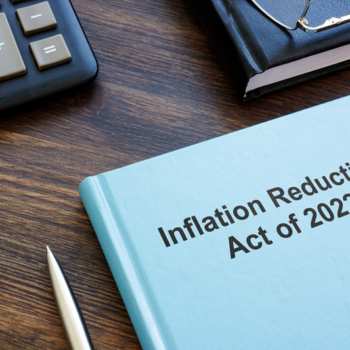
Auditor Independence: AICPA Revises Standards to Highlight Fee Dependency
- Posted by kalyani
- On April 26, 2024
- 0 Comments
Every profession requiring an opinion necessitates technical knowledge of the laws and regulations and independence. Auditors provide assurance, attestation, and opinion on the financial statements of their clients, and hence, along with technical knowledge and due care, independence is inevitable. Auditor independence is the ability to provide an unbiased third-party opinion that states facts. Auditor independence is the core trust-building value of the profession. Auditor fee is the remuneration received for the audit services provided and is a crucial factor in determining an auditor’s independence.
The International Code of Ethics for Professional Accountants developed and promoted by the International Ethics Standards Board for Accountants (IESBA), a part International Federation of Accountants (IFAC) board, serves as a model for national codes of ethics and standards for auditor independence. The IESBA had undertaken an auditor fee-related project to clarify professional accountants’ fees and pricing practices and bring about consistency in auditor independence standards. The Professional Ethics Executive Committee (PEEC) of the American Institute of Certified Public Accountants (AICPA), also a member of IFAC, in its attempt to be in tandem with international standards, recently approved revisions to the Code of Professional Conduct. The current revision is to align with the changes made by IESBA concerning attest client fees and to clarify the members’ ethical responsibilities.
The changes made by IESBA were analyzed by the PEEC’s IESBA Convergence Fees Task Force and a principles-based framework was developed for the members of the AICPA to determine conditions in which the fees and the fee dependency impair independence. The changes will be effective Jan 1, 2025. After an exposure period of proposed changes and a review of comments, PEEC approved new interpretations of the “Independent Rule” (ET sec. 1.200.001) as detailed below:
- New “Determining Fees for an Attest Engagement” interpretation (ET sec.1.230.030) clarifies that the attest fee is a standalone fee in the spectrum of total fees for an attest client. The purpose is that other services provided for the same client should have no impact on the amount of the attest engagement fee.
- New “Fee Dependency” interpretation (ET sec. 1.230.040) guides firms and covered members to assess and address the threats when the fees from an attest client are a large proportion of the firm’s fees. The fear of losing that client creates self-interest and undue influence threats. If this fee dependency continues for five years, covered members must implement safeguards for the affected engagements. Covered members need to include these fee-related considerations in independence evaluations at the firm level and for each attest engagement.
- Revised “Conceptual Framework for Independence” interpretation (ET sec.1.210.010) will update with examples of threats to assist members in identifying fee-related threats.
- Revised “Client Affiliates” interpretation (ET sec. 1.224.010) to clarify which affiliates are included in the auditor fee-dependency requirements.
Audit fees is a business decision. The standards do not attempt to quantify it nor curtail business expansion for an audit firm that provides more services to an existing client. The standards guide on understanding the threat of fee dependency and taking measures, the influence on fees of providing all attest services to the client or affiliates, the revision of the examples of threats in the conceptual framework to assist members with identifying fee-related threats, and what constitutes client affiliates.
KNAV Insights:
Audit fees is a critical aspect in determining auditor independence. As a business, the audit firm would aspire to provide more services to the client as it can leverage the experience gained while conducting a particular engagement. However, a firm must get a clear understanding of the impact of additional services on the existing engagement fees, and its dependency on a single attest client must be assessed in terms of quantitative and qualitative factors and this exercise must be extended to the client’s affiliates. An internal process must be built to determine the impact of fees on the firm, partner, office, and practice for all existing and new engagements.
Maintaining auditor independence is essential to uphold the integrity of the profession. Audit fees play a crucial role in the growth of audit firms; however, the pursuit of business growth should never compromise the firm’s reputation, the trust associated with its name, and the overall integrity of the profession.











0 Comments